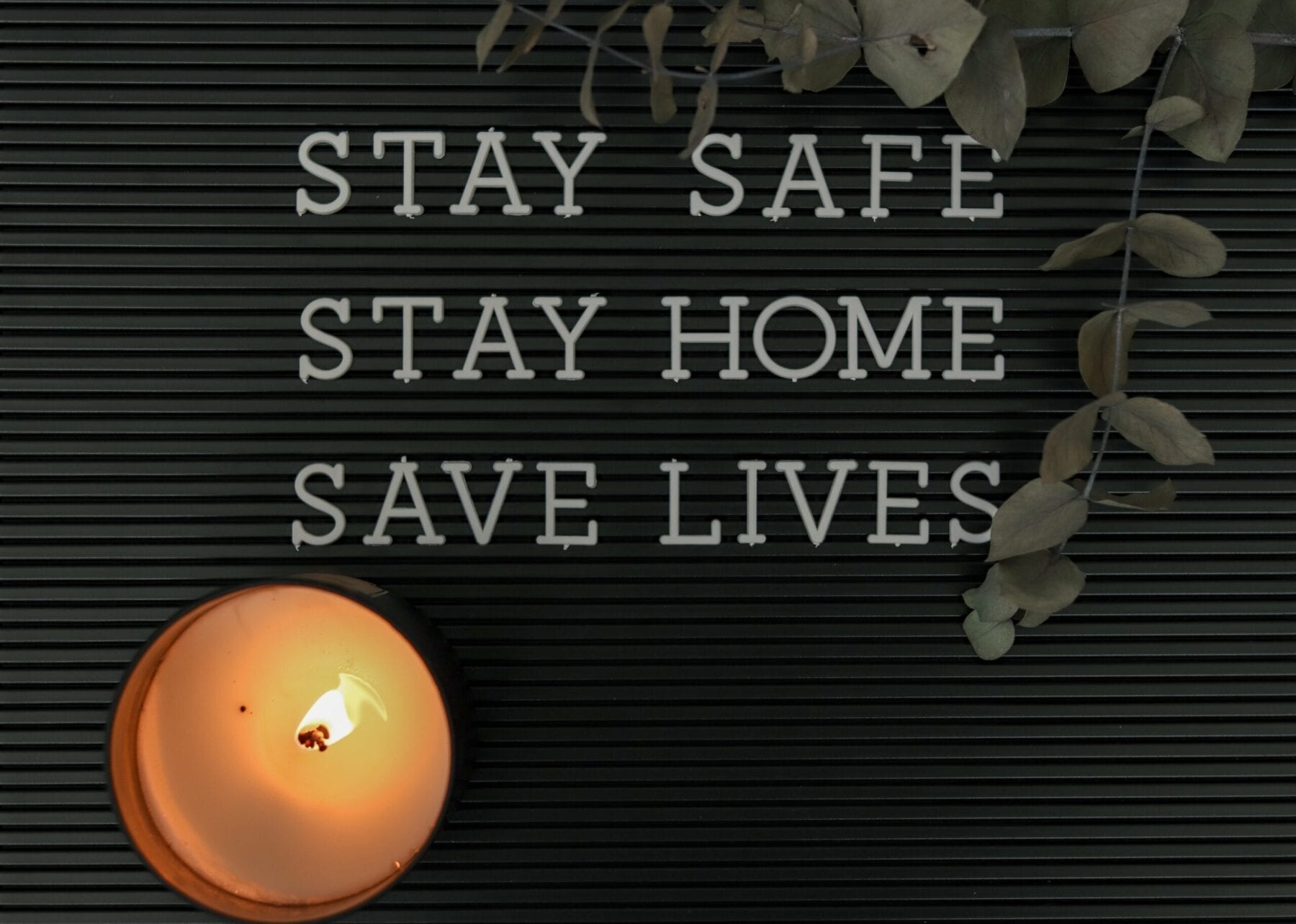Due to COVID-19, schools and daycare centers in New Jersey and many other States have been closed. This is a stressful and challenging situation for all of us, especially for children with autism and their families.
We know that many of you must be asking yourselves how best to discuss this with your children and how to help them through this difficult period. That’s why we’ve put together this blog, which we hope will provide you with some practical advice and reassurance when it come to supporting your child with ASD during the Coronavirus lockdown.
Talk to Your Child About the Coronavirus
You’ve no doubt already had plenty of conversations with your child about the coronavirus. However it’s really important that you continue to give them honest but reassuring information, while also debunking rumors or any inaccurate information they’ve heard from elsewhere.
When having these conversations, make sure it’s your child that is leading them. Ask them questions like:
- What has he/she heard about coronavirus?
- How does he/she feel about it?
- How do you feel about school closing?
Have some reassuring answers prepared. This will make sure you’re not caught off guard and say anything that may worry them further. It’s a good chance for you to quell their worries, set some expectations, and also connect with them.
Look After Yourself
It’s perfectly normal for your child to be struggling to comprehend or come to terms with the current situation. However, you can help them by leading by example.
If you have anxiety about the virus, try to work through it with exercise, mindful activities, or whatever else you may need. As you know, children with ASD are extremely perceptive and can pick up on doubt or panic in others.
We completely understand that as a caregiver, it’s in your nature to put your child’s needs before your own. However, taking care of yourself shouldn’t be taken for granted at this time. It creates a brighter atmosphere for you and your child and the rest of your family.
Make Washing Their Hands as Fun as Possible
Hand washing may be mandatory, but you can make it as fun as possible for your child. We’re all aware of the 20-second rule set out by the World Health Organization (WHO). To make this less of a chore for your child, get into the habit of singing a song when they wash their hands.
Here’s a website where you can generate your own handwashing poster with lyrics from a 20-second segment of a song. You can use this if your child has a favorite song or artist or, if your child is a bit younger, here’s some nursery rhymes you can use.
Keep Up a Routine
Get your child up at the same time as if they were going to school and then start setting a routine for the rest of the day. This can include things like study time, lunchtime, playtime, backyard time and screen time, which can all be spaced out at the same time each day.
You can even sit down with your child and write out a new routine together, one where school work is still a priority but there are still some fun activities, too.
Look Out For Signs of Anxiety
You know your child better than anyone. Therefore, you’ll be able to spot any anxiety, ill temperament, or frustration in them very quickly. Again, this to be expected during this time period.
If you do get in this situation or are generally struggling, it may be worth joining some autism support groups or finding parents in similar situations on social media. Remember, many people are in the exact same situation you are and may be able to offer solutions or a general outlet. We’re all in this together!
Overall, Just Be There For Them
This is a difficult period for everyone. However, by looking after yourself, remaining calm and open, and offering all the love and support that all of us parents provide to our children, we’ll be sure to get through this period without any major difficulties.
Featured image photo by Sandie Clarke on Unsplash



